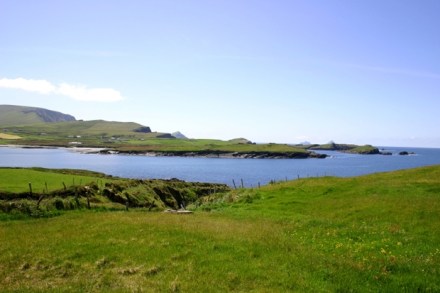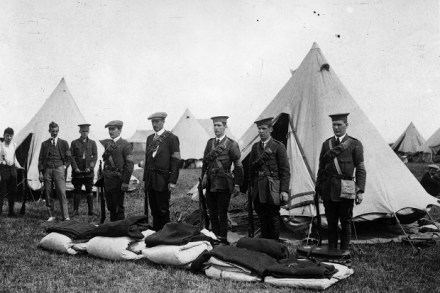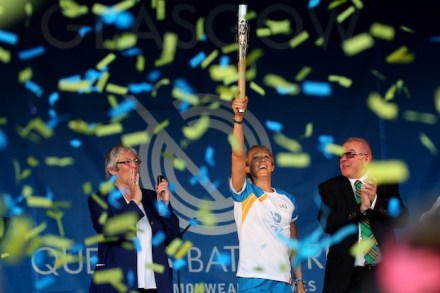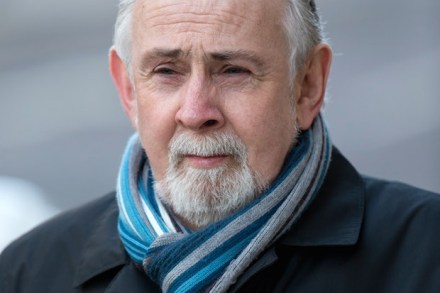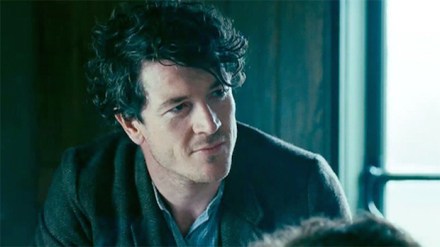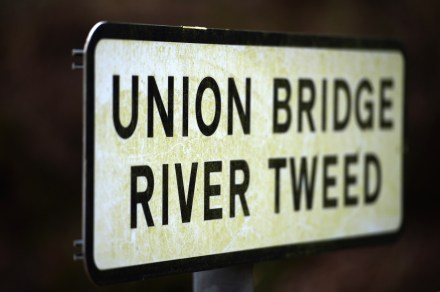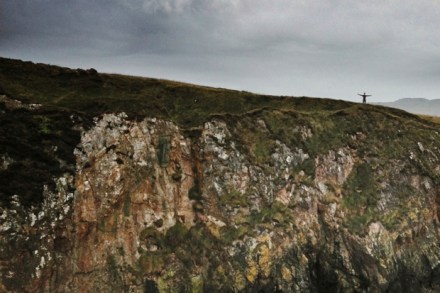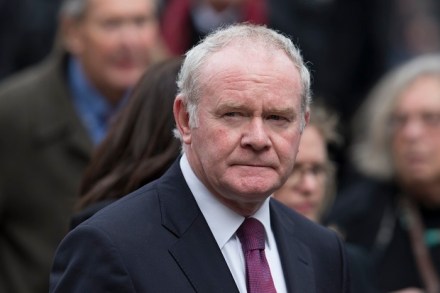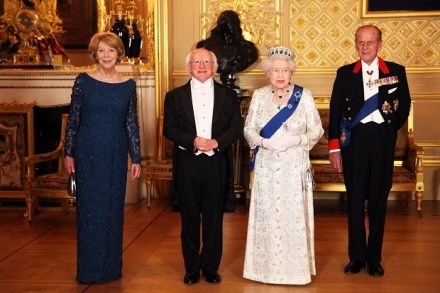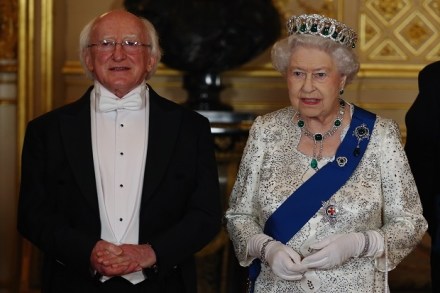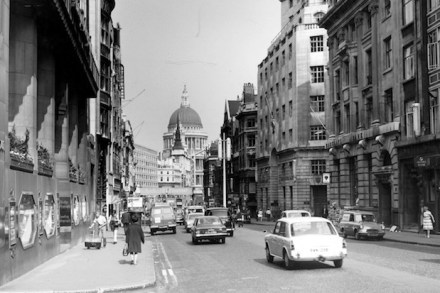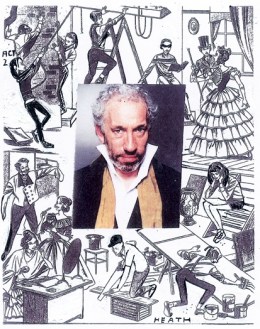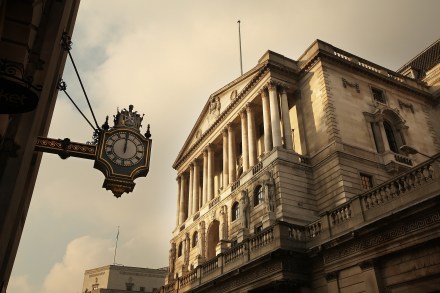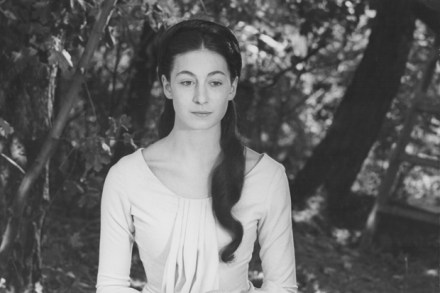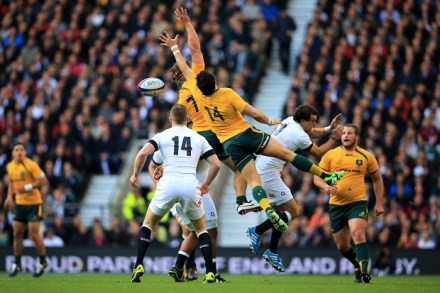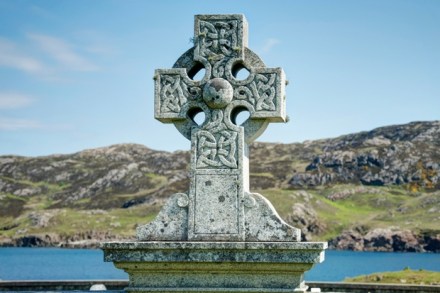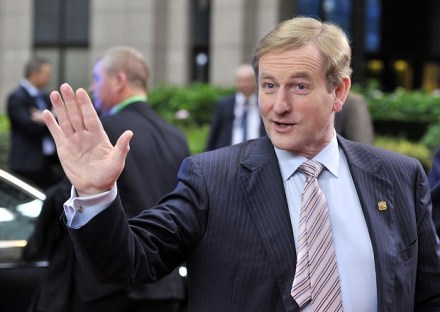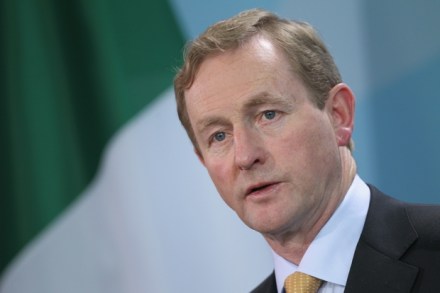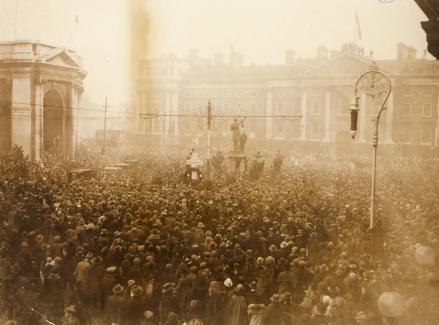A Troubles novel with plenty of violence and, thank heaven, some sex too
‘The Anglo-Irish, their tribe, are dying. . . . They will go without a struggle, unlamented,’ Christopher Bland, 76, declares at the outset of his exciting, poignant and ultimately consoling debut novel. He refers particularly to the Protestant landed gentry, who achieved political and economic ascendancy in Ireland even before the Penal Laws disenfranchised and dispossessed the Catholic majority, until, in the 20th century, rebellion and civil war brought about independence, with incomplete national unity. Everyone in Ireland of mixed English and Irish parentage, on every social level, is Anglo-Irish; however, Bland is most concerned with the history of the declining power and eventual more or less harmonious assimilation of
